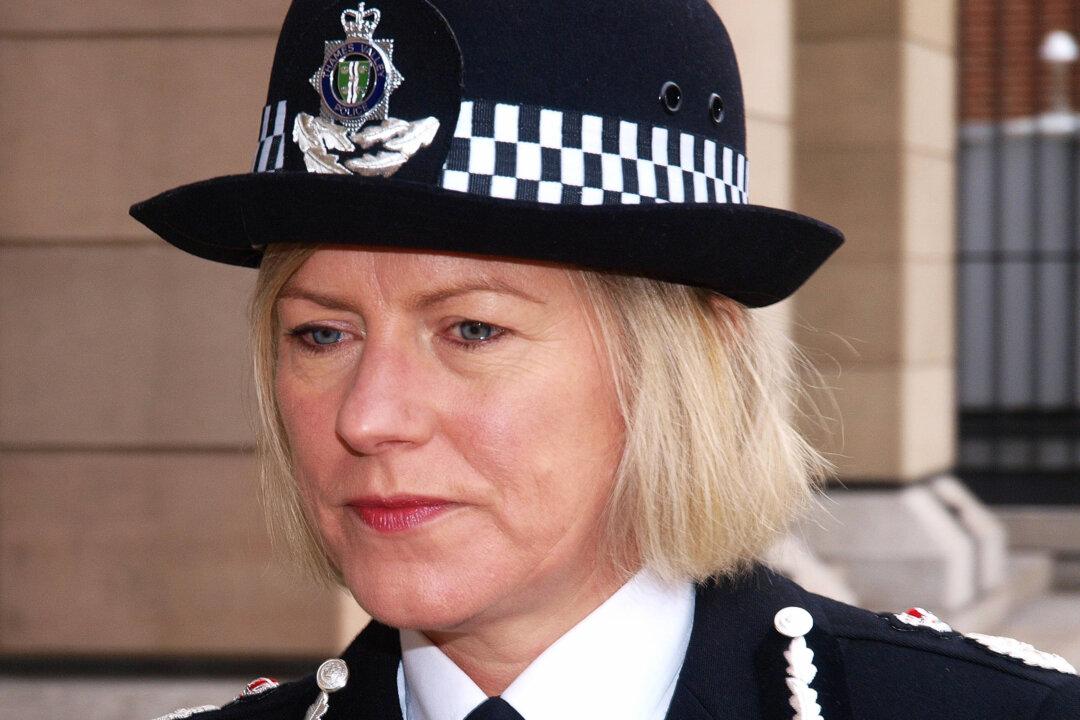LONDON—The use of Britain’s so-called “hate crime” laws has been eyed with suspicion by champions of free speech for some time. When the government announced in September that it was considering adding misogyny to the list of “hate crimes,” and as some police forces piloted recording non-crime “hate incidents,” watchdogs labeled it a step too far toward policing of thought. Rank-and-file police officers also objected.
Now, the nation’s top police chiefs are also pushing back, arguing there are simply more important things to focus on, such as growing knife crime, record homicide levels, and the fact that only 1 in every 20 burglaries is solved.





